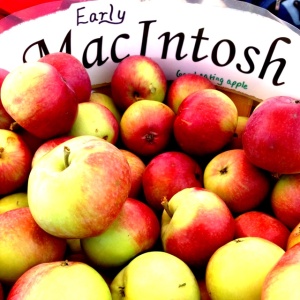One of my favorite things is figuring out how other people see the world. When I read a book, I imagine that it’s a doorway into the writer’s world – as true about non-fiction as it is about fiction. When I listen to others, I catch a glimpse of how they see the world. What a marvelous thing to see the world around me from a different point of view!
But a glimpse isn’t the whole picture. There is much more to see and understand, and that’s a gift. Isn’t it a marvelous truth that there is always more to someone than what I can see?
This is particularly true when I catch a glimpse of God’s world. There’s no way I can see and understand the holiness of the Creator, and I kid myself if I suppose otherwise. The mystery only deepens with every encounter, every revelation. If I’m wise enough to remember this truth, my life will be open to the infinite possibilities of God’s revelation…
For my thoughts are not your thoughts, nor are your ways my ways, says the Lord.
For as the heavens are higher than the earth, so are my ways higher than your ways, and my thoughts than your thoughts. [Isaiah 55:8-9]




